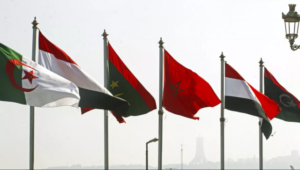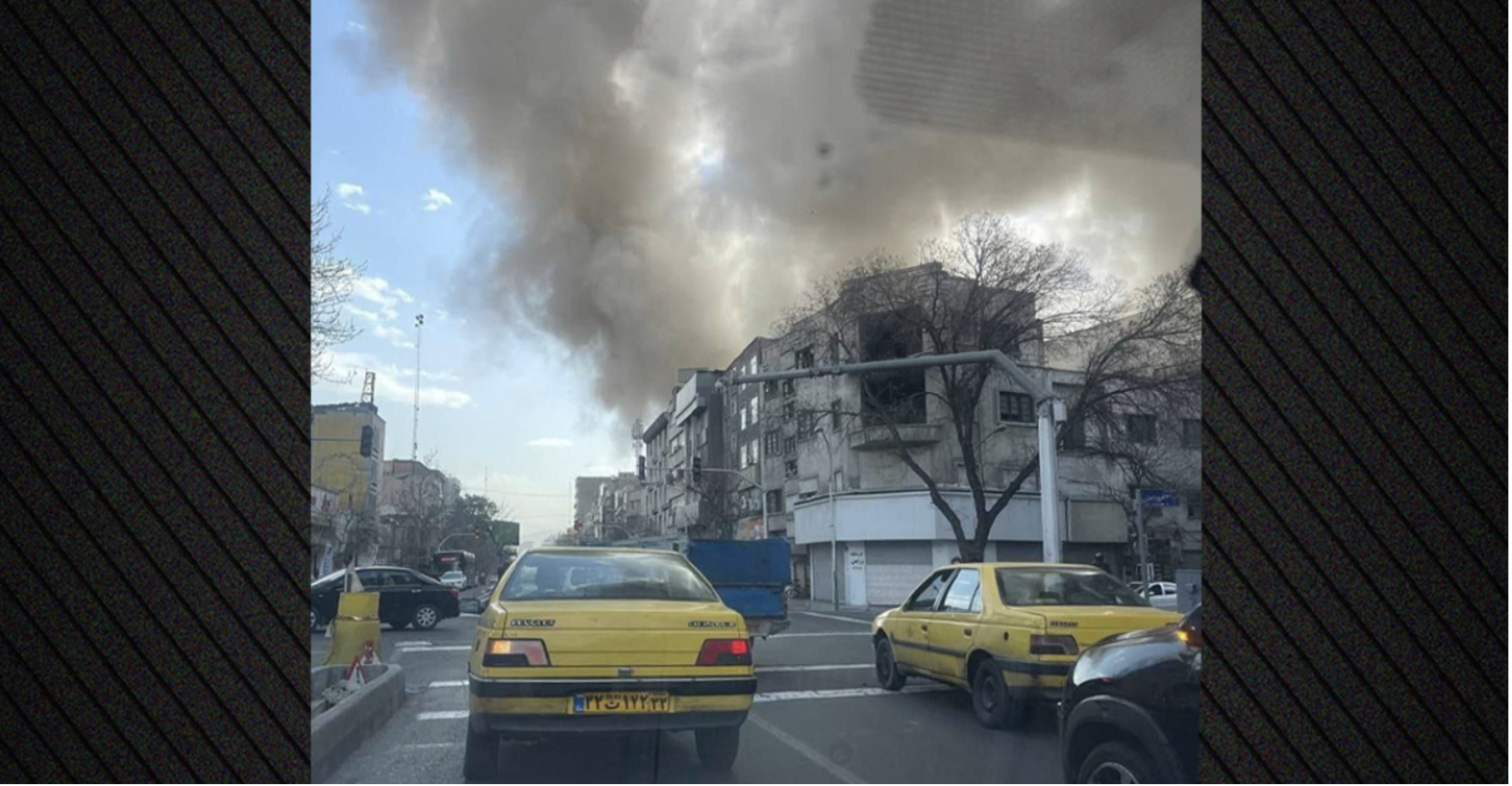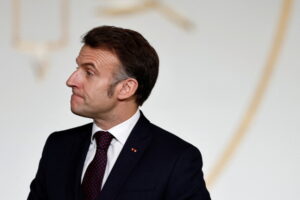Saudi Arabia today hosts a summit attended by eight Arab leaders on a plan to respond to Donald Trump‘s proposal to evacuate the Gaza Strip of its Palestinian population, place it under US control and turn it into a Middle East Riviera.
Lowering the bar, Riyadh announced the holding of a customary “informal brotherly meeting” between the leaders of the six Gulf countries, Egypt and Jordan, and specified that the decisions to be taken would be included in the agenda of the Arab summit on March 4.
Diplomats and analysts note that although there is broad consensus in the Arab world against Trump’s “vision,” there are differences of opinion on the issue of governing the Palestinian enclave and funding the reconstruction project.
“We are at an important historical turning point in the Arab-Israeli or Palestinian-Israeli conflict (…) where the United States, under the Trump presidency, is likely to establish a new and irreversible reality on the ground,” says Andreas Krieg of King’s College London, who considers this to be the most important meeting in the region for a long time.
Reconstruction of the war-torn Gaza Strip is valued at $53 billion, according to the UN.
Trump has proposed relocating 2.4 million residents to Jordan and Egypt and turning the Palestinian enclave into a “Riviera.”
His plan caused an international outcry, but Netanyahu’s Israel has made no secret of its enthusiasm.
A Saudi leadership source said Arab leaders would discuss “an alternative reconstruction plan for Gaza.”
King Abdullah II of Jordan told reporters in Washington last week that Egypt would present a response to Donald Trump’s plan.
Egyptian President Abdel Fattah al-Sisi arrived in Riyadh last night to attend the summit, the Egyptian presidency said, while Qatari Emir Tamim ben Hamad al-Thani confirmed his participation.
The meeting will discuss an “Egyptian reconstruction plan” for the Gaza Strip, a source close to the Saudi government said.
Egypt did not give details of the plan, but according to Mohamed Heghazi, a member of the Egyptian Council for Foreign Affairs, a Cairo-based think tank, it consists of three phases and will take three to five years.
“During the six-month first phase, heavy machinery will clear the rubble and three safe zones will be set up to settle the displaced,” the former diplomat explains. “Mobile homes will be made available.” The second phase will require “an international conference for reconstruction.”
And the third will be aimed at “restarting the political process aimed at a two-state solution” to settle the decades-long conflict. The two-state solution is rejected by Israel.
“The biggest challenge of the Egyptian plan is its financing,” says an Arab diplomat, as well as the highly sensitive issue of post-war governance of Gaza.
The source close to the Saudi government said an “agreement” would have to be found between Arab leaders.
“It would be unthinkable for the Arab leaders to come together without reaching a common position, but the essence is the content of this common vision and the ability to implement it,” an Arab diplomat observed.
For Andreas Krieg, it is an “excellent opportunity for the Saudis to mobilize all the Gulf Cooperation Council countries, as well as Egypt and Jordan, to come up with a common position against the Trump plan.“
Ask me anything
Explore related questions





